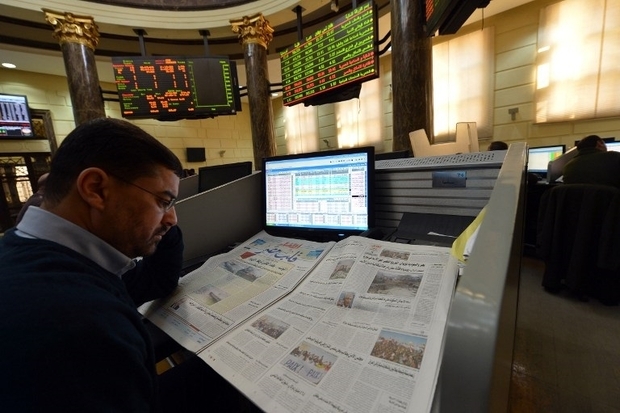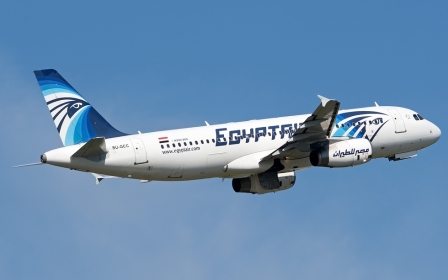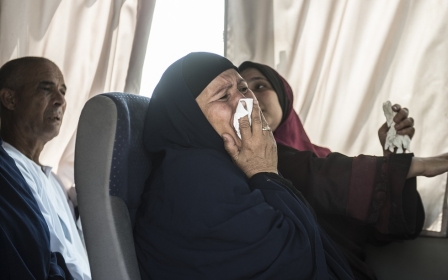Egyptian economy, tourism industry reeling after new air disaster

Egypt's stock market value fell by almost $450m after EgyptAir flight MS804 came down over the Mediterranean in the early hours of Thursday morning, en route from Paris to Cairo.
Details about the crash are still scant, with French authorities launching their own investigation as ships and aircraft continue to search for debris, but the impact of the crash is already being felt on Egypt's struggling economy.
Experts say the latest Egypt-related aviation disaster is likely to further hinder economic progress as the country struggles to recover from disturbances that have hit the tourism industry hard.
Tourist numbers have been in free-fall since November, when a Russian passenger plane came down over Egypt's restive Sinai Peninsula, killing all 224 people on board.
From an average of 900,000 foreign visitors a month in October 2015, the numbers dropped to 500,000 in November and have since continued to fall.
In January and February, Egypt saw about 350,000 foreign visitors, suggesting that figures had remained stable at well below half the normal figures.
The drop in tourist numbers is “clearly a blow,” according to David Butter, an expert in economics in the Middle East with Chatham House.
“Tourism's contribution to foreign currency income over the past 10 years has been between 15 and 25 percent. It has fallen since 2011 [and the overthrow of longtime president Hosni Mubarak], but it's obviously still significant,” Butter said.
By far the biggest source of foreign currency for Egypt is not tourism but remittances, money sent back by Egyptians working overseas. Butter said that while the tourism industry accounted directly for only 4 percent of GDP, anything that made Egypt less attractive as a holiday destination would have a knock-on effect on the jobs market, especially in a country where, at its peak in 2010, the sector employed 12 percent of the total workforce.
With a tourism industry that has struggled to recover since July 2013, when a military takeover sparked violent unrest, Egypt has received billions of dollars of financial aid from key ally Saudi Arabia.
But the Saudi economy, which enjoyed a decades-long boom thanks to high oil prices, has tanked over recent months amid a historic drop in the price of its key export.
This disturbance in the Saudi economy could also spell trouble for Egypt, according to David Schenker, director of the Arab Politics programme at the Washington Institute for Near East Policy, who wrote on Wednesday that “Saudi Arabia's increasingly precarious economic situation means that two years from now, Egypt cannot count on another mega-grant.”
President Abdel Fattah al-Sisi has long promised to deliver Egyptians from their economic woes.
But with unemployment already at over 13 percent, an annual budget deficit of around 12 percent and the likelihood that foreign aid will shrink, the government will have to work hard either to head off criticism of its aviation record or, more likely, to offset the impact this may have on the quality of life of its citizens.
Though there is as yet no evidence to show that MS804 came down because of a bomb, the reputational impact of two air disasters in just over six months may prove hard for Egyptian authorities to shake.
“Is EgyptAir safe” was the top Google search relating to Thursday's disaster, indicating widespread questions over the record of Egypt's aviation flag-carrier, and suggesting that prospective visitors may already be reviewing their travel plans in the wake of the tragedy.
Middle East Eye propose une couverture et une analyse indépendantes et incomparables du Moyen-Orient, de l’Afrique du Nord et d’autres régions du monde. Pour en savoir plus sur la reprise de ce contenu et les frais qui s’appliquent, veuillez remplir ce formulaire [en anglais]. Pour en savoir plus sur MEE, cliquez ici [en anglais].




